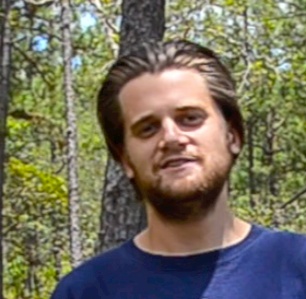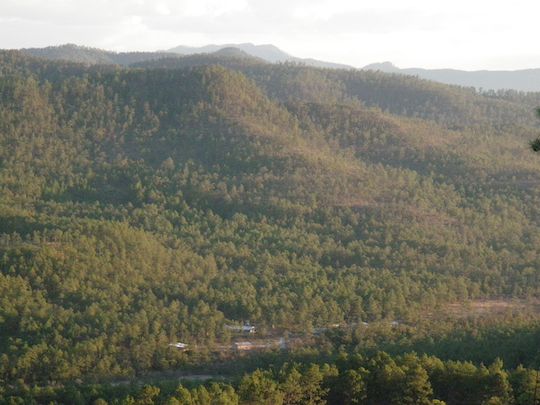Near the end of 2011 I decided to spend half of 2012 volunteering in Honduras. I was going to teach English and History at a rural boarding school for young women with the non-profit Art for Humanity, a small organization based out of my hometown of Arlington, Virginia, that works to improve the livelihood of Honduran people. Art for Humanity runs a school called The Leadership Center that’s mission is to help young Honduran women develop into future leaders of their country. When I landed in Honduras, I wasn’t sure what I was getting myself into, and I was scared of who or what I would find there, but at least I wouldn’t have to watch any commercials.
The Leadership Center is a small and isolated community. When you see and talk to the same 30 people every day, there’s no hiding who you are. Everyone gets to know each other, the good and the bad. Luckily, the good far outweigh the bad in that small corner of the earth. I have never been surrounded by more selfless, amicable, and positive people in my life. The atmosphere and people at the school can’t be beat, and are what I will miss most about it.
Another great thing about The Leadership Center is its growth and change. The school is young, it was established less than a year and half ago, and it is still developing. If you spend a long period of time there, you become a witness to an amazing thing: timely, tangible, improvement. Instead of endless talk and argument about how things can or should be improved, an idea is proposed, then implemented, and the school is made better. It’s inspiring to see how a few people can make a real difference, as long as they have the will to do so.
A small example that demonstrates this approach is the volleyball court. The teachers were discussing how to create more fun activities for the students. Someone mentioned getting a volleyball net, and we all agreed that would be a good addition to the school. That week the director of the school searched the cities for a sports store that sold volleyball nets, but couldn’t find one anywhere. So we decided to build our own. One Friday afternoon the students and staff worked together and we built a volleyball net from rope and sticks and trees and string. And it works great. We didn’t stop there though. After seeing the benefits derived from a net, we brainstormed about more extracurricular activities, and asked for student ideas too. Now an acting club and newspaper have started, and there are plans to build a soccer field and park and begin dance classes too.
Improvement isn’t limited to just the school. At the Leadership Center, it happens to people too. In the five months I was there the students’ knowledge and ability expanded at a rate that exceeded my expectations. The main goal during the first year is to teach the students English. I understand how hard it is to learn a language, as I have studied Spanish on and off for 8 years, and still have trouble forming correct and coherent sentences. Many of the students are already better at English than I am at Spanish, and they’ve only been learning for a year. While some of that is due to the immersive and communicative environment of our campus, I never worked nearly as hard as they do on learning the language. When you teach someone an English grammar rule or new vocabulary word, and then you hear her use it properly in normal conversation, it’s a good feeling. And I experienced more of those moments than I can count.
The Leadership Center is a work in progress, continuously learning and improving and discovering, but it has a commendable goal to work towards: creating the future leaders of a small and impoverished country. Each of the 20 girls at the school has the intelligence and potential to be a leader in their communities, and thanks to the support of Art for Humanity and its sponsors, they now have the means.
-Malcolm Gore



